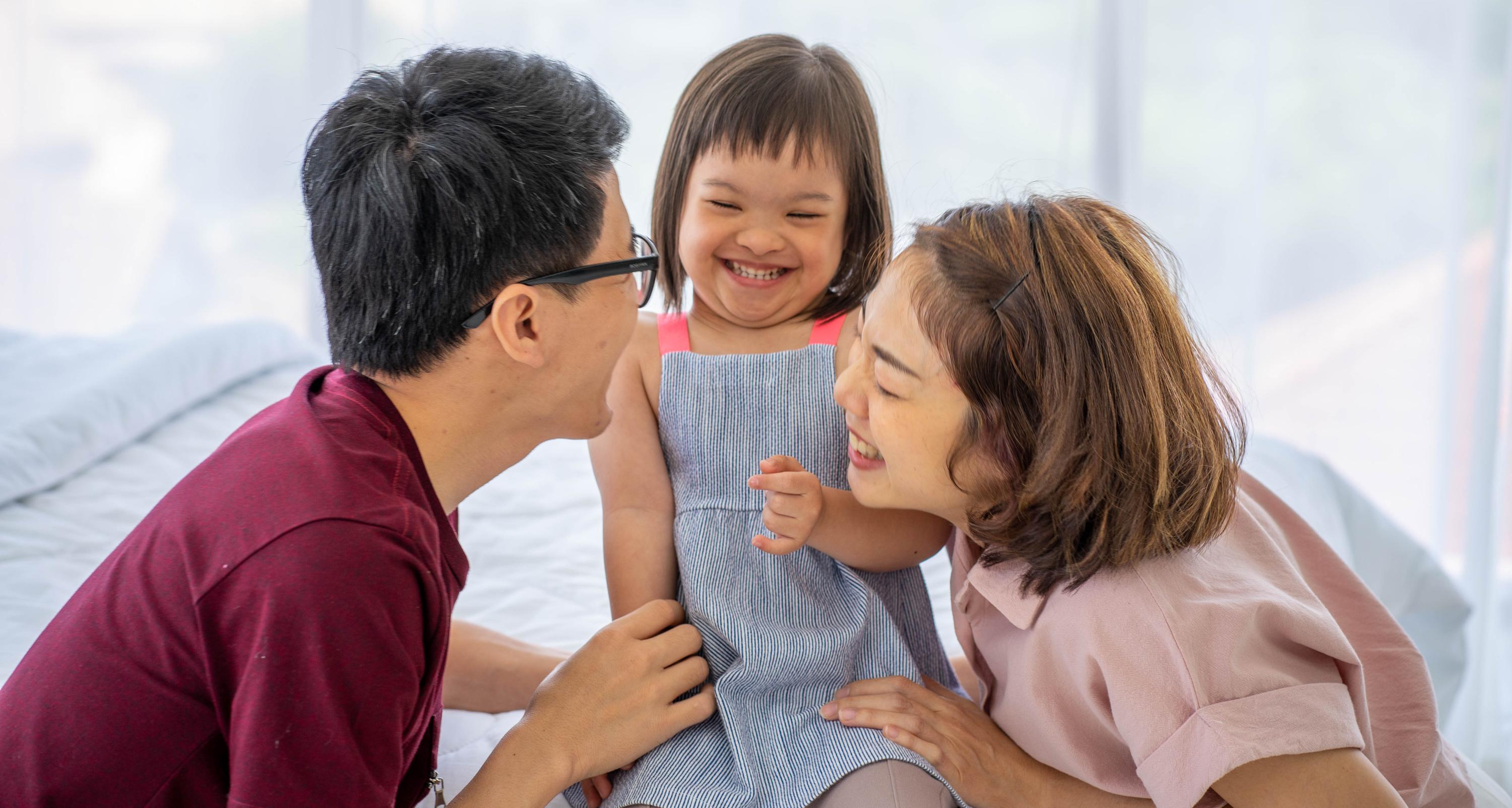What is the DIR® model and why is it important?
The Profectum Developmental, Individual Difference, Relationship-based (DIR®) model provides a developmental framework for interdisciplinary assessment and intervention for autism and other developmental and mental health challenges. It is a comprehensive foundation model that utilizes affect-based interactions and experiences tailored to individual needs to promote development.
The DIR® model was developed by Drs. Stanley Greenspan and Serena Wieder and was the first model to identify the functional emotional developmental levels that provide the foundation for lifelong learning and relating. DIR® training was the first to relate these developmental capacities to the biological/neurological individual differences in sensory processing each person brings to the world. It identified relationships as the pivotal force that nurture and optimize development.
Frequently children with special needs are challenged by neurobiological factors, which make it difficult to participate in and enjoy early emotional interactions with their parents. Shared interactions between parent and child that are meaningful, positive and pleasurable create the foundation necessary for all development. DIR® supports parents in their natural and pivotal partnership with their child – promoting their development across a wide range, including regulation, joint attention, communication and language, motor skills, cognition, ideation and execution, and social problem-solving.
DIR® was created and informed by experts in the fields of pediatric medicine, developmental psychology, education, speech and language, occupational and physical therapies – making it the first truly integrated multidisciplinary approach for children with Autism Spectrum Disorders (ASD) or other special needs.
How does DIR® work?

DIR® begins with a therapist supporting both parent and child in engaging in pleasurable, developmentally-appropriate interaction building, as well as strengthening the core relationship between caregiver and child to support developmental progress. Therapists typically have advanced (preferably certified) training in the DIR® Model and may come from the fields of medicine, mental health, speech and language therapies, occupational and physical therapies, special educators and early intervention providers. Parents are typically encouraged to engage in multiple sessions daily with their child, both formally and informally.
DIR® programs identify the functional emotional developmental milestones that integrate emotional and intellectual development. DIR® targets specific goals for each developmental milestone, assessing and monitoring these goals using data collection and videotape sampling, and adjusting goals and treatment strategies as the individual makes progress. Goals have to be tailored to the unique profile of the child, and depend on relationships as the vehicle for learning, engaging and giving meaning to experiences. This framework provides the anchor for a comprehensive approach that changes as the child grows.
Development is never straightforward
Most importantly, in a dynamic model, every child is viewed as having an inner world with feelings and desires and experiences. The feelings, insights, and experiences of parents must also be considered; providers and caregivers need to reflect on the complexity of the child’s development and functioning, as well as their own feelings to best support the child’s development.
As a result of these individual differences for both children and caregivers, we must rely on extensive clinical experience and developmental models to guide best practice. Two key principles are relevant.
- First, any and all therapy must address the unique characteristics of each child and the families and systems they are part of.
- Second, individuals develop across their lifespan and can continue to advance developmentally when they have support for learning and functioning.
To learn more, see
